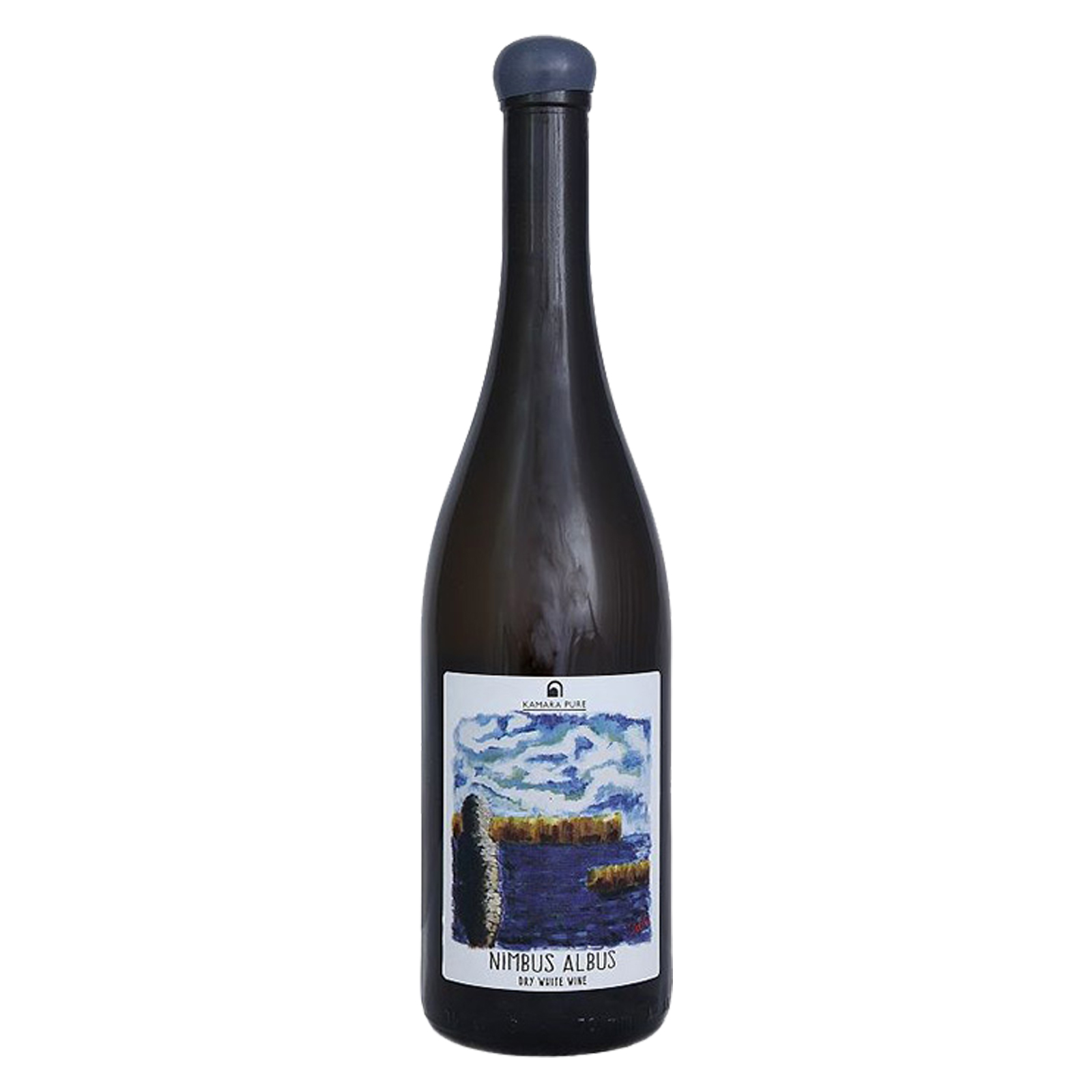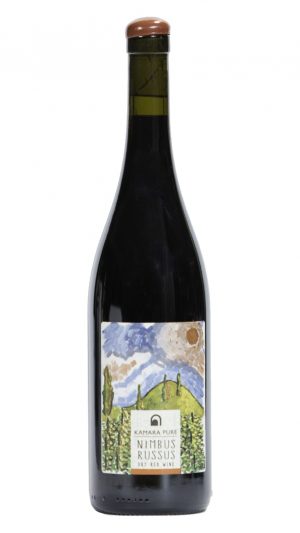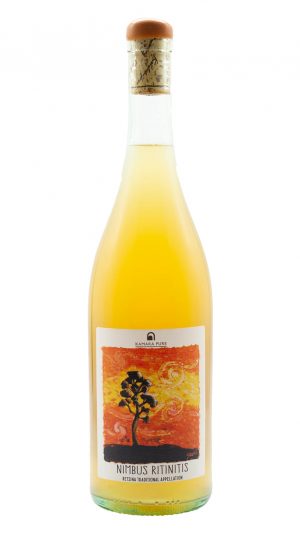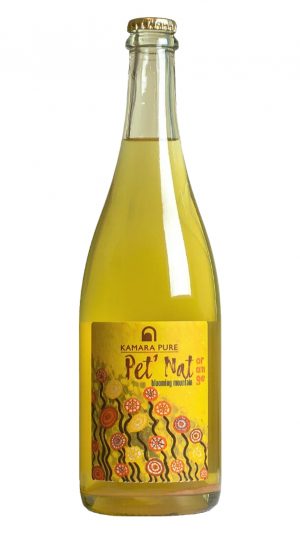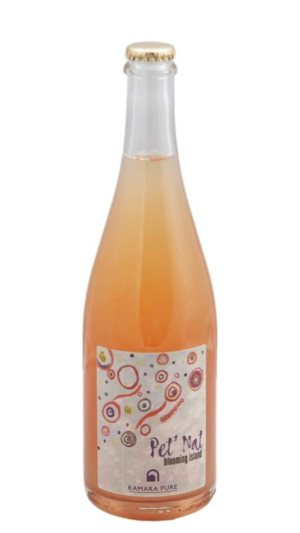Kamara Albus White 2022
Type: White
Country: Greece
Region: Thessaloniki
Grape Variety: Malagousia, Assyrtiko
Viticulture: Natural Wine | Biodynamic | Certified Organic
Climate: Continental climate
Terroir: Malagousia: Vines grow on a soilbed of clay loam, planted in 2008 at 140m above sea level. Assyrtiko: Vines grow on a soilbed of silty clay loam, planted in 2010 at 140m above sea level
Winemaking: Each variety destemed and ferments separately in stainless steel tanks (controlled fermentation temperature 18º- 21ºC) with indigenous yeasts, no oenological substances added. Spontaneous malolactic fermentation. The produced wines are mixed, racked from the very dense sediments and stirred on fine lees for three months in old barriques (225 litres each). No protein stabilization, only tartaric stabilization. No fining, no filtration. The maceration before the fermentation lasts 1-2 days depending on the year in low temperatures (5-8ºC), which gives the wine its gold unique color. No sulfites were added
Color: Bright gold with greenish highlights
Nose: Rich, intense nose of floral notes
Palate: Robust botanical notes combined with hints of stone fruits, leading to an earthy expression with hints of frankincense, lavender and chamomile
About the Winery:
Dimitrios Kioutsoukis’s family hailed from East Romylia back in the early 1900s. The family had always harboured a dream to make wine like their ancestors but lacked the finances to start a winery. Dimitrios trained and worked as a chemical engineer originally, and worked for many years in the medical field, to save money to fulfill this winemaking dream. The region he lived in, Thessaloniki, in northern Greece, had been well known for the cultivation of vines, but since phylloxera cultivation had all but died out. He studied winemaking through the UC Davis extension program and decided in 2010 to plant 11 hectares of vines of Greek varieties including Assyrtiko, Malagousia, Roditis, Xinomavro, Limnio, Muscat, and Moschfilero.
From the very beginning, the vineyards were worked only in accordance with long-standing traditions, like manual pruning, hoeing of weeds, and harvesting, and use of natural sprays made from plants like nettle and yarrow, and composting and fertilization with natural manure. They always sought to do as few treatments as possible, to maintain balance with the natural way of the vines and nature. Then in 2015, with his daughter Stavroula, an agronomist and oenologist, he took the giant step of converting all his production to natural methods. The wines are now all naturally fermented with indigenous yeasts, have no products added or subtracted, are not filtered, and have zero sulfur added at bottling.

